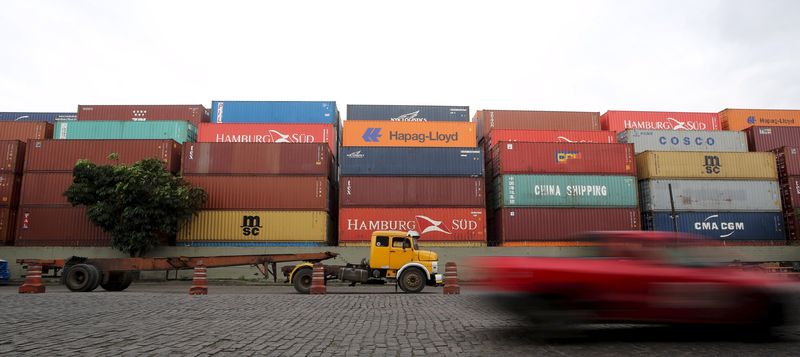SYDNEY, March 10 (Reuters) - Australia passed legislation on Thursday to enable the longterm lease of its largest shipping container terminal, the Port of Melbourne, freeing up privatisation plans to move ahead after months of political headwinds.
Investors from China to Qatar are flocking to Australian infrastructure because it is seen as well-regulated and predictable, offering a reprieve from volatility in commodity and equity markets.
"The Labor government has negotiated in good faith to reach agreement on a bill that delivers a strong offering to the market and a positive economic benefit for all Victorians," state treasurer Tim Pallas said in a statement, announcing passage of the law.
The sale is part of the Australian government's ambitious A$100-billion privatisation plan to cut debt and upgrade the country's infrastructure.
In the statement, the government said it would set up a new A$200-million agriculture infrastructure and jobs fund to drive regional economic growth and boost exports from the farmers to the port.
The Port of Melbourne handles about 2.6 million containers each year.
The sale was first proposed in March 2014 by the conservative Liberal government then ruling the state. Victoria has since had a change of government and a lengthy public inquiry into the divestment. November, the state of New South Wales sold an electricity network to a global consortium for A$10.3 billion, and last month it received "strong" indicative bids for another electricity distributor. ($1=1.3475 Australian dollars)
